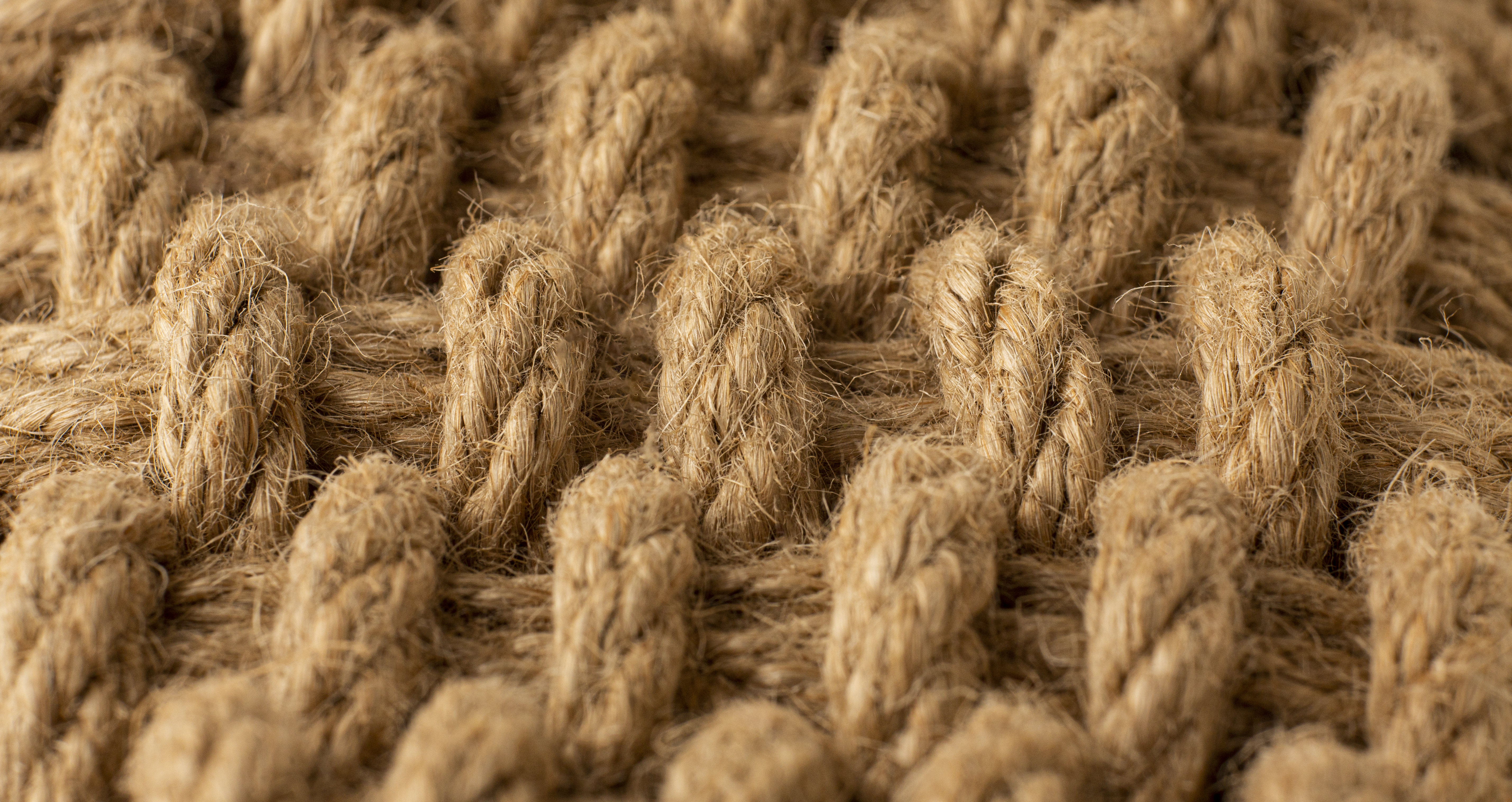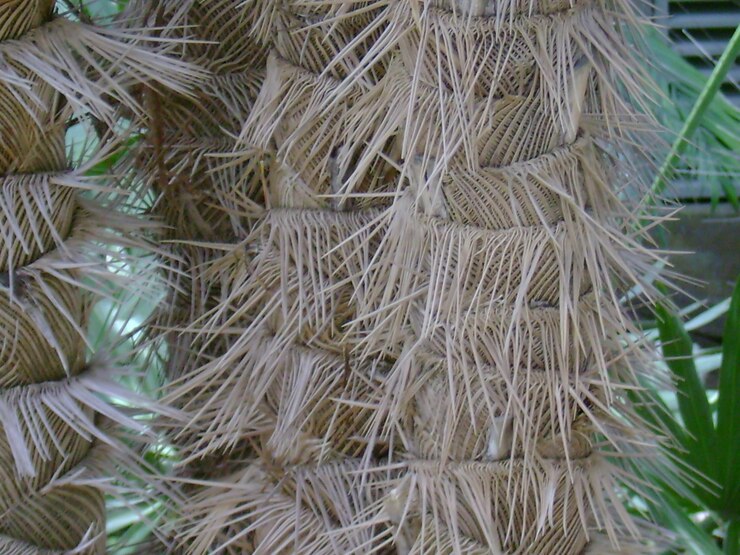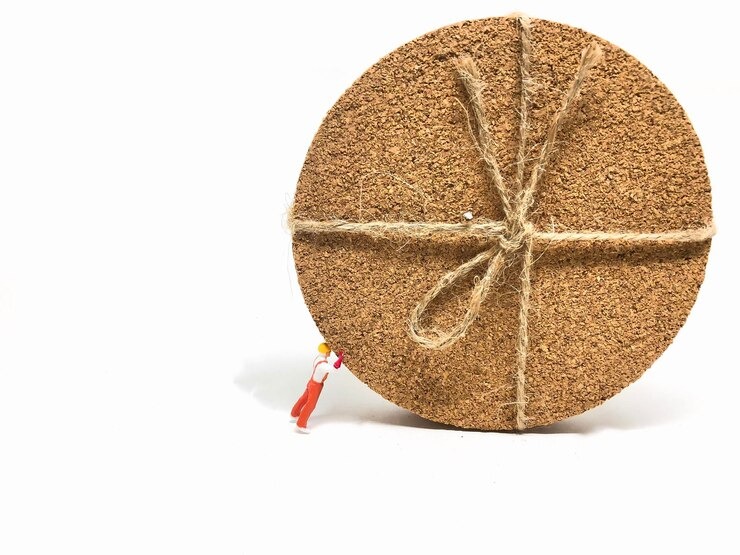Natural Coir
Natural coir is one of nature's most versatile and sustainable materials. Derived from the husk of coconuts, coir is a coarse fiber that has been used for centuries in everything from rope-making to doormats, mattresses, and erosion control. .
What is Natural Coir?
Natural coir is extracted from the outer husk of coconuts. This fibrous layer is processed, cleaned, and spun into ropes or mats, or used in a variety of other applications.
-
there are two main types of coir:
Brown Coir: Made from mature coconuts, brown coir is strong and coarse, often used in brushes, mats, ropes, and mattresses.
White Coir: Extracted from green (immature) coconuts, this type is finer and softer, making it suitable for delicate products like fishing nets and finer ropes.





